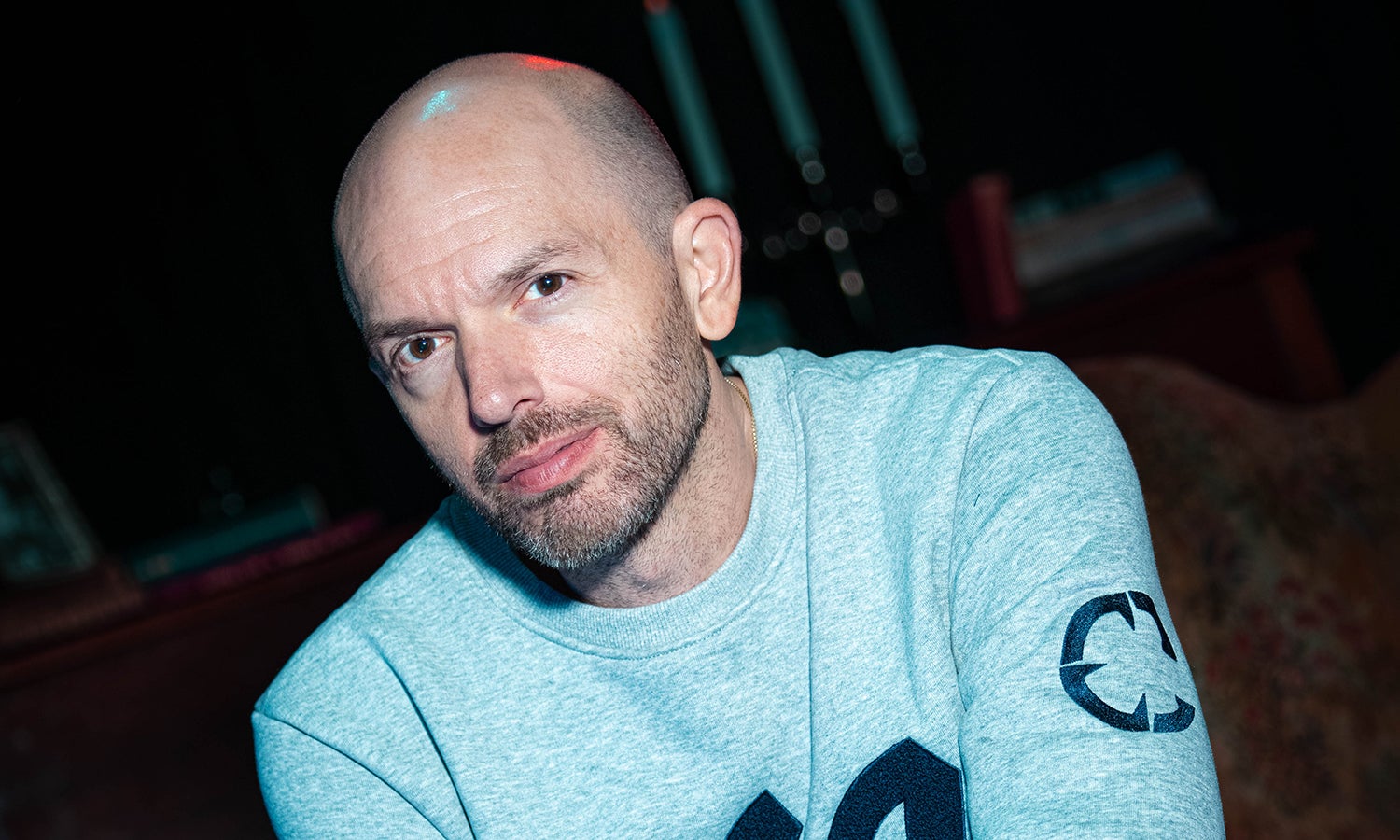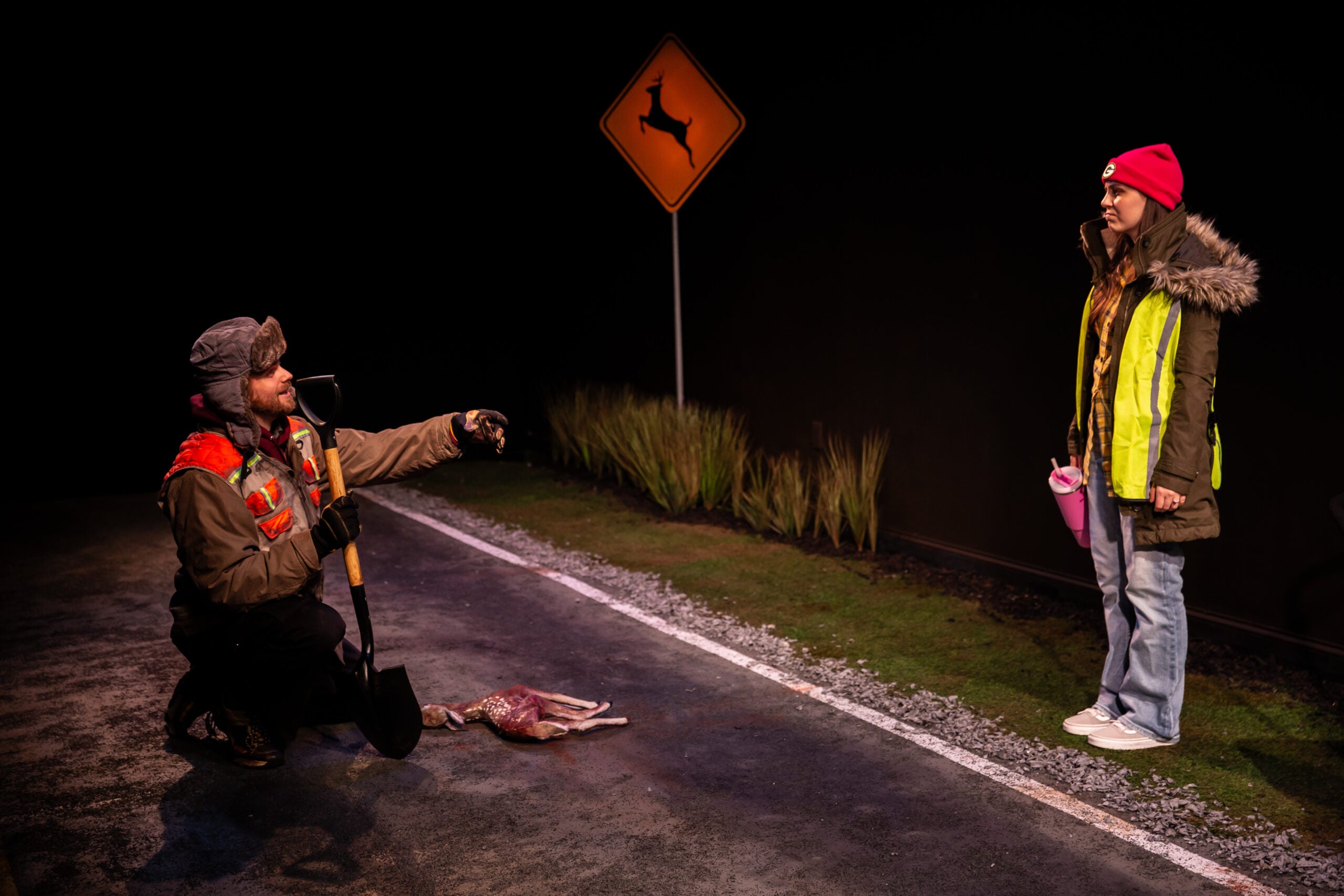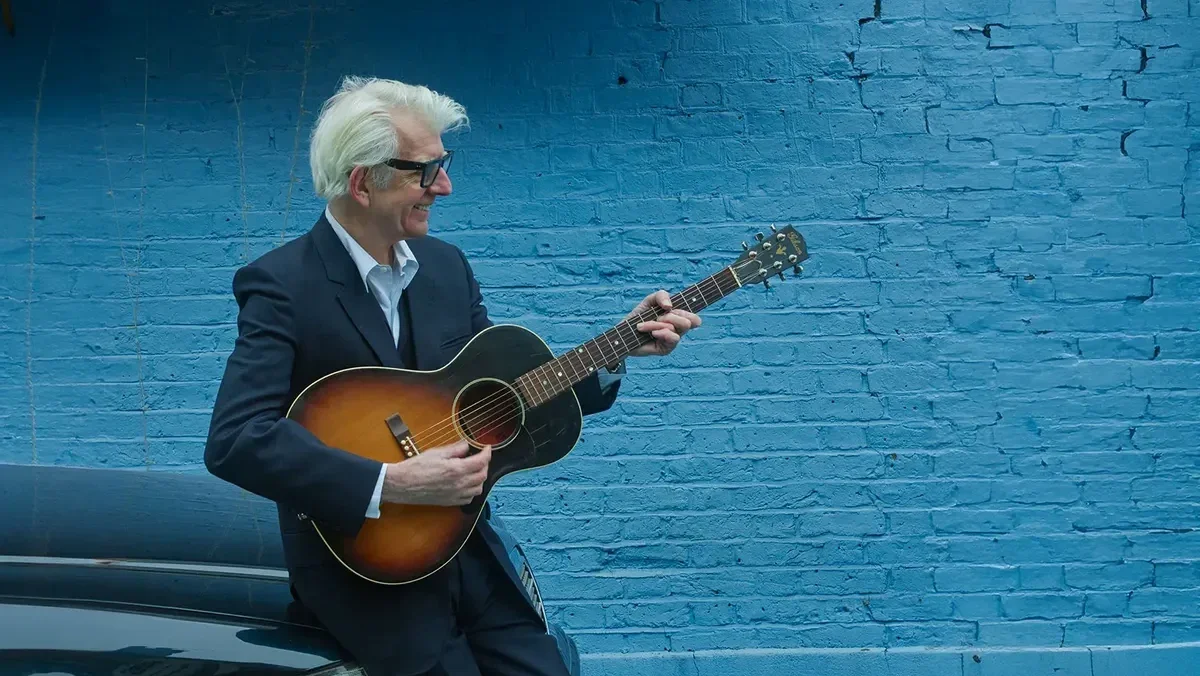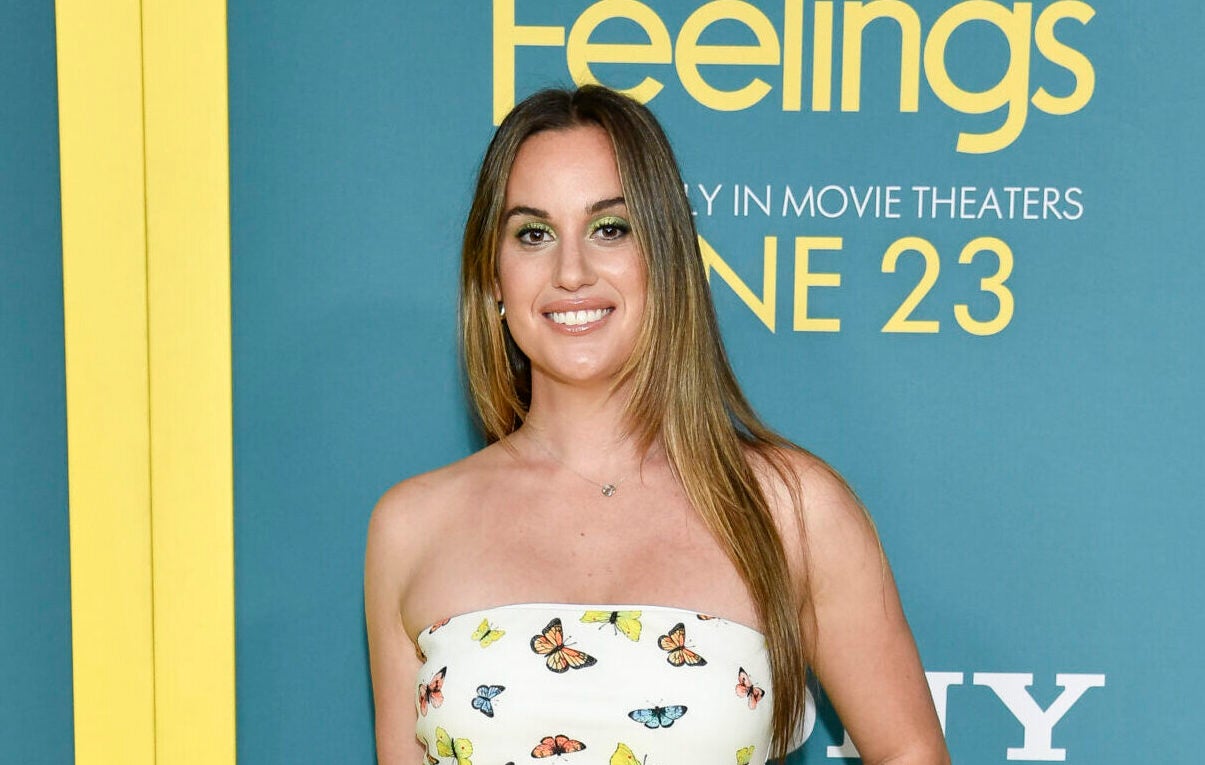Paul Scheer is an Award-winning comedian, actor, filmmaker and podcaster. He’s probably best known for his role as Dr. Andre Nowzick from the FX’s fantasy football sitcom, “The League” as well as supporting roles in “30 Rock,” “Black Monday,” “Veep,” and “Fresh off the Boat.”
He’s also a popular podcast host, co-hosting Earwolf’s award-winning comedy podcast, “How Did This Get Made?” about the worst films ever created. It was on this pod where Paul would entertain his co-hosts (wife June Diane Raphael and friend and fellow comedian, Jason Mantzoukas) and audience with anecdotes about his life.
He was often encouraged to put all of these stories down into book form, but he wanted to respect that medium. So, instead of pitching a book idea, he just began writing it. Paul said it felt very organic and the result is the honest, heartfelt, humorous and heartbreaking memoir, “Joyful Recollections of Trauma.”
News with a little more humanity
WPR’s “Wisconsin Today” newsletter keeps you connected to the state you love without feeling overwhelmed. No paywall. No agenda. No corporate filter.
Paul sat down with “BETA” host Doug Gordon to talk about his deep personal journey from abuse, career failures and accolades, through personal relationships, to finding out that what matters most is the person you are still working toward.
The following has been edited for brevity and clarity.
Doug Gordon: I really like the title of your memoir — “Joyful Recollections of Trauma.” It’s interesting because I don’t normally think of traumatic memories as being joyful. Is the title sarcastic?
Paul Scheer: Trauma is a term that I think is thrown around … a lot. I feel like I did have trauma, but I also didn’t live a life devoid of love, happiness and joy. And I think a lot of the times these things go together. And, when I talk about that idea of like trauma dumping, you know, sometimes people will just focus on one part of their lives. And I thought that would be disingenuous. Like, there are highs and lows, and there are embarrassing moments, and there are these things that we live through. Trauma is the fire in which we are forged to a certain degree, and I wanted to really respect that.
DG: You were only 3 years old when your parents divorced, and your stepfather Hunter did not treat you well. Can you tell us a bit about how he abused you?
PS: It’s interesting. That term abuse is something that I really reconciled with, because I’m not one to say, like, “Oh, I was an abused child.” There’s an issue with that term in my mind. Am I worthy of that? People have had it worse. But the truth is yes, I was.
My stepfather was incredibly abusive physically, mentally, verbally. And part of my journey was kind of coping with that …
Paul Scheer on WPR’s “BETA”
Part of writing this book was kind of owning that on some level. Yes, my stepfather was incredibly abusive physically, mentally, verbally. And part of my journey was kind of coping with that, dealing with that.
You just had to be kind of prepared for it all times, you know? Am I going to be locked in a closet? Am I going to be left out in the street? Am I going to be made fun of because you always thought my ears were too big. There are parts of your body or there’s parts of your person, I should say, like how you view yourself, it is through the eyes of this adult who’s telling you, “Oh, you’re ugly.” “You’re not worthy of this,” or I’m going to put you in here. Your self-worth starts to really crater in many different ways.
DG: You started taking acting in improv classes, and then you discovered the Upright Citizens Brigade. How did that experience change your life?
PS: It’s really magical. It’s sometimes very hard to translate because you are capturing a vibe, a moment, and it’s not like standup.
When I saw The Upright Citizens Brigade, it was this electric energy. They were doing improv, and it was a fresh form of improv. They were young, they’re in their 20s. It’s Amy Poehler from Parks and Recreation and Matt Walsh from Veep.
I think many people were so excited by them because it was at this time where it felt like jazz. It felt like you’re breaking the form. And the UCB, I really do believe, brought that breaking of improv and making it cool.
It was a time before, you know, not cell phones, but like, everything being posted, you know, this ability had to be there. You were showing up. You’re getting your $5 tickets. It was awesome. And it did. It changed my life. I think it made me want to commit to this world so heavily.
DG: Which chapter of your memoir was the most difficult for you to write?
PS: There’s a chapter I wrote about being diagnosed as having ADHD in my 40s after I had my kids. It was something that I was really kind of, not embarrassed by, but it’s something I don’t talk about. I didn’t want it to be like a crutch.
But when I talk to people about it, they’re like, “You have to leave it in. It helps me understand my husband, who has it. It helped me actually understand myself.” And what I found is so many people have experienced something very similar to that.
And I think that we live our lives through a lens that only we know. You know, your color purple is different than my color purple. And sometimes we just take for granted, that’s the way I am. That’s my brain. But there are sometimes reasons why we act certain ways, and it really changed my life for the better.






